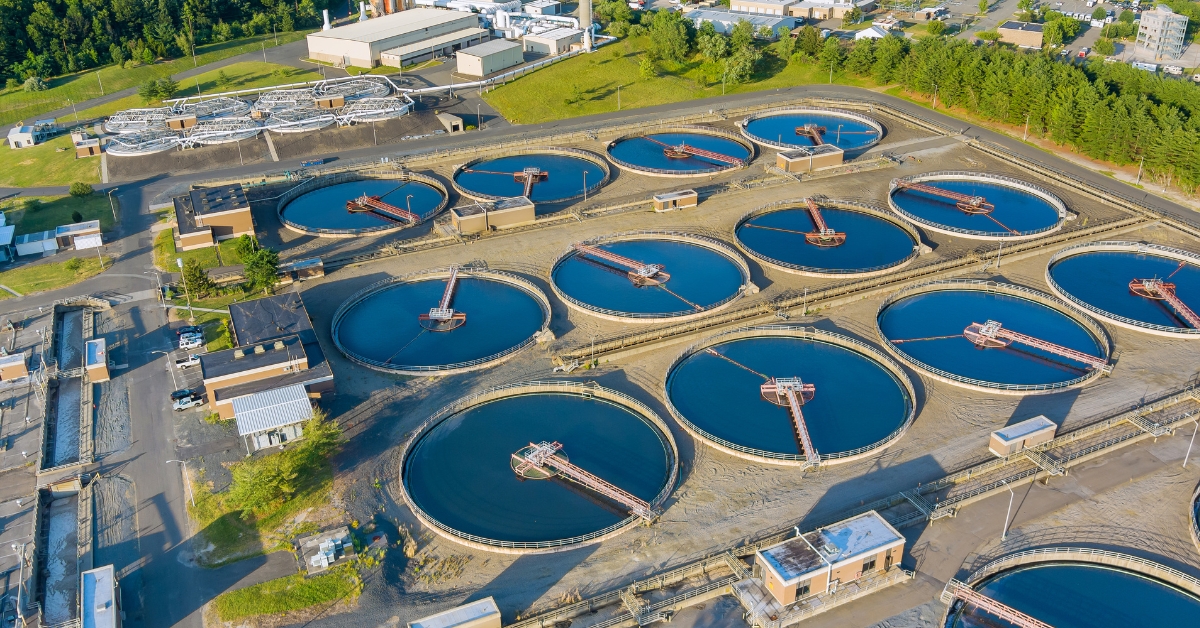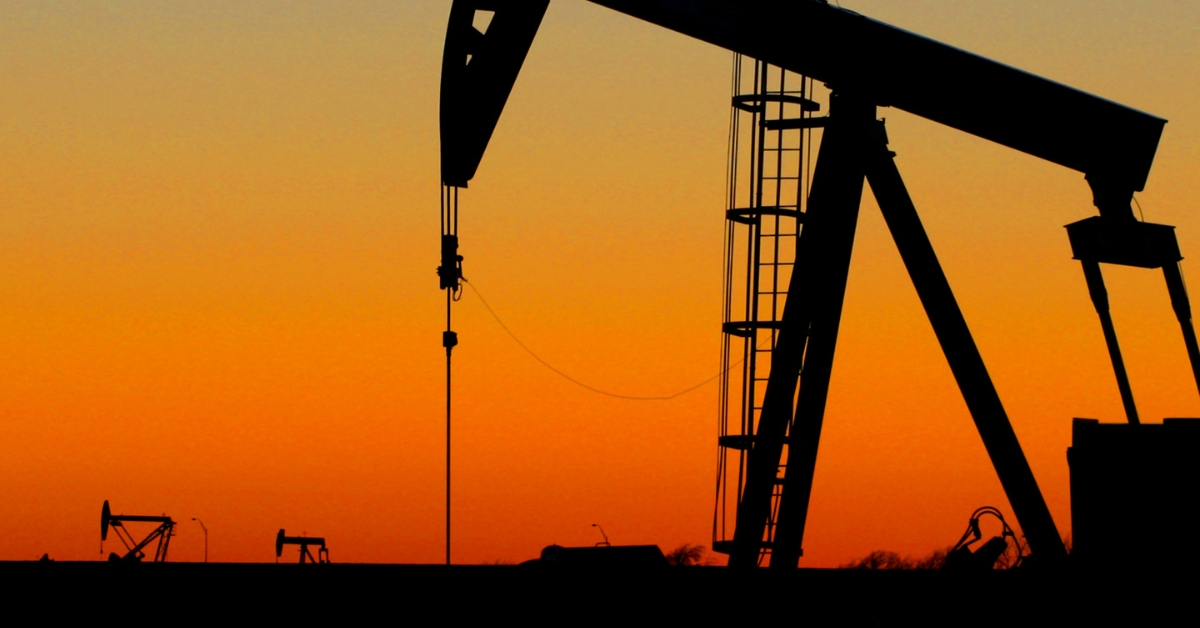
Biden’s Gas Furnace Ban Sparks Cost and Choice Concerns
The Department of Energy (DOE) is causing controversy with a new rule aimed at banning certain types of gas furnaces. The DOE is using an outdated law to give itself the authority to implement this rule. However, the DOE’s decision has faced significant opposition from those who argue that it will ultimately lead to higher heating costs and reduce the choices available to American families and businesses.
The new rule does not just set higher efficiency standards; it effectively eliminates a whole category of technology, specifically noncondensing gas furnaces. Noncondensing furnaces have distinct differences from condensing models, including cost, performance, and installation requirements. Both technologies serve the purpose of heating homes, but consumers prefer noncondensing furnaces due to their lower costs and different performance characteristics.
The DOE’s rule has raised questions about its necessity. The Energy Policy and Conservation Act of 1975 empowers the DOE to regulate products in the interest of energy conservation, but it is crucial to consider whether such regulation is needed. At present, the United States is in an era of energy abundance, with vast reserves of oil and natural gas that can meet the country’s needs for many years. This context challenges the justification for imposing further energy efficiency mandates.
The DOE’s argument for this rule relies on alleged emissions benefits. However, air quality in the United States has been improving steadily, with declining pollutant concentrations over the years. This raises doubts about whether the alleged air quality benefits of the rule outweigh the costs imposed on consumers.
The Energy Policy and Conservation Act was enacted during a time of energy scarcity. While the DOE is authorized to impose standards, it should recognize that the environment has significantly changed with technological advancements and new energy discoveries. The act’s purpose is to secure adequate energy resources for the American economy. The value proposition for energy efficiency has shifted as energy has become more abundant, making it less necessary to impose restrictions on consumer choices based on efficiency.
In conclusion, the DOE’s new rule to ban noncondensing gas furnaces is facing opposition due to concerns about higher costs and limited choices for consumers. The rule’s justification, based on emissions benefits, is questioned as air quality continues to improve. With energy abundance and technological advancements, the need for such regulation has diminished, making the rule less impactful on energy availability and consumer choices.














